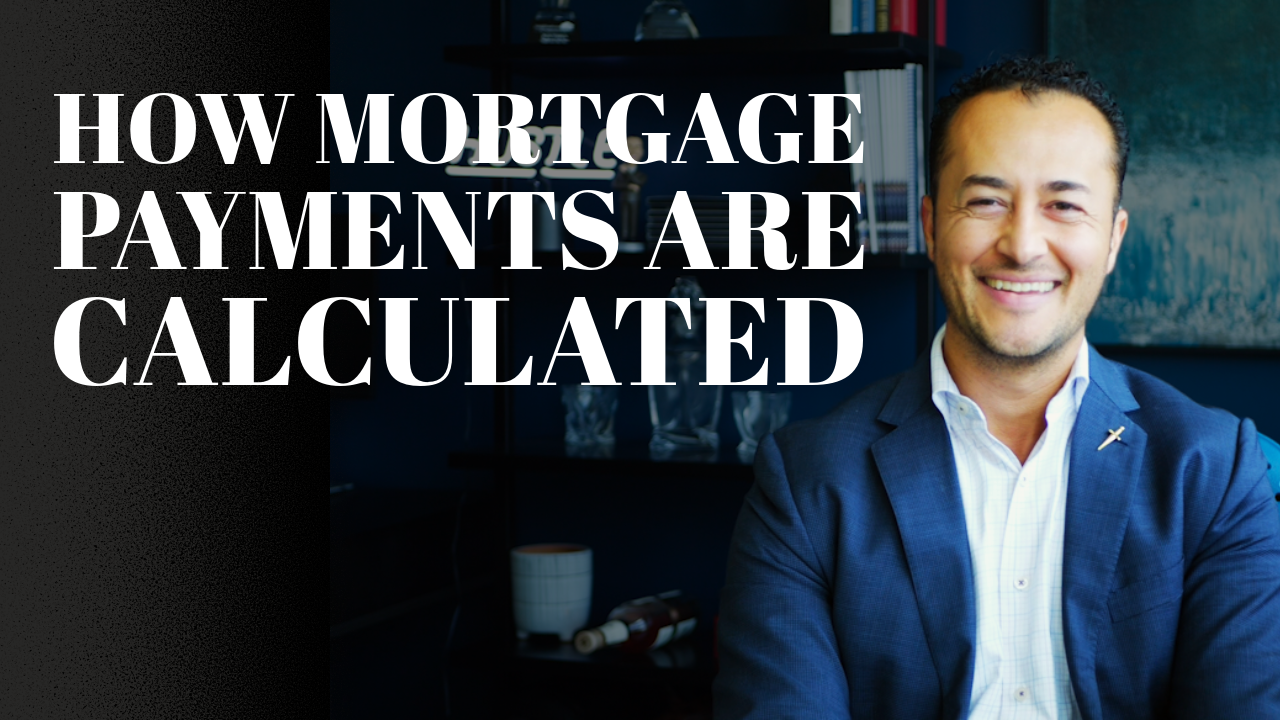News
NEWS & UPDATES

By Alex Varela
•
December 13, 2024
If you're earning $70,000 per year and considering buying a home, you're likely wondering how much of a mortgage you can comfortably afford. While the exact amount will depend on various factors, including your credit score, down payment, and other debts, a common rule of thumb is to aim for a mortgage amount that is no more than three times your annual gross income. Understanding the 3 Times Gross Income Rule The 3 times gross income rule is a simple way to estimate your potential home buying budget. To apply this rule to a $70,000 salary, multiply your annual income by three: $70,000 (annual salary) x 3 = $210,000 (potential home purchase price) According to this rule, you could potentially afford a home priced around $210,000. However, it's important to remember that this is just a starting point, and other factors will also influence your borrowing capacity. Factors Affecting Your Mortgage Affordability Several factors can affect how much mortgage you can qualify for, including: Credit Score: A higher credit score often translates to better interest rates and loan terms. Down Payment: A larger down payment can reduce your monthly mortgage payment and potentially increase your borrowing power. Debt-to-Income Ratio (DTI): Lenders typically consider your DTI, which is the ratio of your total monthly debt payments to your gross monthly income. A lower DTI generally improves your chances of loan approval. Interest Rates: Current interest rates can significantly impact your monthly mortgage payment and overall affordability. Property Taxes and Homeowners Insurance: These costs, which vary by location, can add to your monthly housing expenses. Calculating Your Monthly Mortgage Payment To get a more accurate estimate of your monthly mortgage payment, you can use a mortgage calculator. This tool allows you to input your desired loan amount, interest rate, and loan term to determine your monthly payment. You can also factor in property taxes and homeowners insurance to get a complete picture of your total housing costs. Additional Considerations While the 3 times gross income rule is a helpful starting point, it's essential to consider your long-term financial goals and lifestyle when determining your home buying budget. You may want to factor in future expenses like college tuition or retirement savings. Additionally, it's always wise to consult with a mortgage lender to get a personalized assessment of your borrowing capacity. Conclusion If you're earning $70,000 per year, you have the potential to purchase a home. However, the specific amount you can afford will depend on various factors. By understanding the 3 times gross income rule, considering other financial factors, and using a mortgage calculator, you can make informed decisions about your home buying journey. Helpful Resources For more information on related topics, please refer to our articles: How Mortgage Payments Are Calculated Which Mortgage Is Best For Me Remember: This article provides general information and should not be considered financial advice. It's always recommended to consult with a qualified financial advisor or mortgage professional to get personalized guidance based on your specific circumstances.
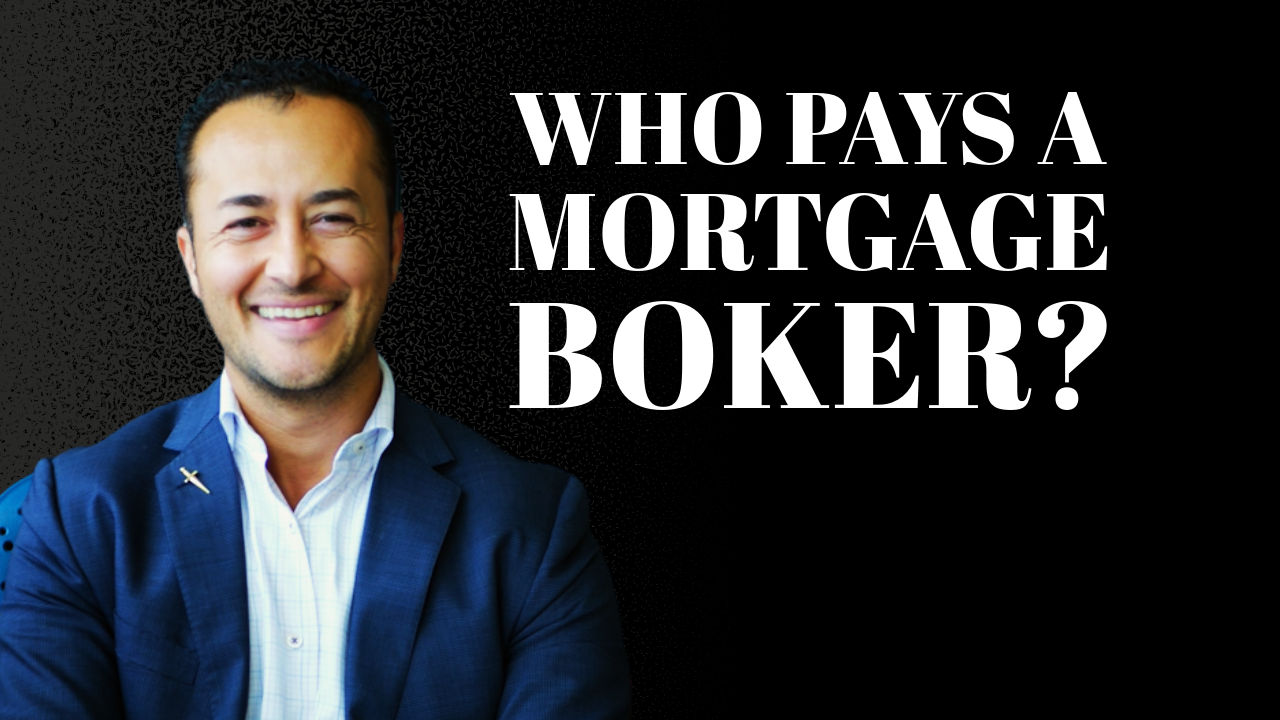
By Alex Varela
•
November 29, 2024
When purchasing a home, there are many financial factors to consider, and one common question for buyers is, “Who pays the mortgage broker?” The answer depends on the structure of the transaction, the agreement between the parties, and the specific practices of the broker or lender you work with. In this article, we’ll break down how mortgage brokers are compensated, what this means for buyers and sellers, and how companies like Neighborhood Loans often negotiate to have sellers cover these costs. Understanding Mortgage Broker Compensation A mortgage broker acts as a middleman between the borrower and lenders, helping homebuyers find loan options that suit their financial needs. For their services, brokers are typically compensated in one of two ways: Borrower-Paid Compensation: In this scenario, the borrower pays the mortgage broker directly at closing. This fee is often a percentage of the loan amount and is referred to as a "broker fee." While this option gives borrowers transparency and control, it can add to the upfront costs of purchasing a home. Lender-Paid Compensation: More commonly, mortgage brokers are paid by the lender. The lender builds the broker’s fee into the loan terms, meaning borrowers don’t pay out of pocket for the broker’s services. However, the trade-off is often a slightly higher interest rate to cover the cost. Who Covers These Costs in a Real Estate Transaction? When it comes to closing costs, including mortgage broker fees, buyers and sellers can negotiate who pays for what. While it's common for buyers to bear the brunt of closing costs, some strategies can shift these expenses to the seller. Neighborhood Loans: Advocating for Buyers One notable approach comes from Neighborhood Loans , a mortgage company dedicated to simplifying the home-buying process. Their team often negotiates with sellers to have them cover the buyer’s closing costs, including mortgage broker fees. This practice benefits buyers by reducing their upfront financial burden, making homeownership more accessible. It also simplifies the process for sellers, who might be more motivated to close a deal quickly in competitive markets. For example, if you’re purchasing a home with a loan from Neighborhood Loans, you could potentially save thousands of dollars by leveraging their negotiation expertise. Why Would Sellers Agree to Pay? Sellers may agree to pay the mortgage broker fees for several reasons: To Attract Buyers: Offering to cover closing costs makes a property more appealing to buyers who might otherwise struggle to afford upfront expenses. In a Buyer’s Market: When supply outpaces demand, sellers have to sweeten the deal to close sales quickly. During Negotiations: Sellers often agree to concessions in exchange for a higher purchase price or faster closing timeline. While this arrangement is not guaranteed, companies like Neighborhood Loans increase the likelihood of success by working directly with sellers and their agents to structure mutually beneficial deals. What Buyers Should Know About Costs Even with seller concessions, it’s essential for buyers to understand the overall cost of the mortgage. Familiarizing yourself with how mortgage payments are calculated can help you budget effectively and avoid surprises down the road. If you're unsure where to start, check out our article, How Mortgage Payments Are Calculated . Additionally, some loan types may require private mortgage insurance (PMI) if your down payment is less than 20% of the home’s price. This is another cost that buyers need to factor in, though it might be negotiable in some cases. For more information, read When is Mortgage Insurance Required? . Tips for Buyers Working with a Mortgage Broker Here are a few tips to ensure you get the most out of your mortgage broker’s services: Ask Questions: Don’t hesitate to ask your broker how they’re compensated and whether they can negotiate fees. Transparency builds trust. Leverage Negotiation Opportunities: Work with a company like Neighborhood Loans that actively advocates for buyer-friendly terms. Compare Offers: Mortgage brokers often present multiple loan options. Take time to compare rates, fees, and terms to find the best fit for your needs. Plan Ahead: Budget for potential closing costs, even if seller concessions are on the table. It’s always better to be prepared. Conclusion The question of who pays a mortgage broker doesn’t have a one-size-fits-all answer—it depends on the compensation model, the terms of the loan, and the specifics of the real estate transaction. While buyers traditionally shoulder this cost, working with companies like Neighborhood Loans can shift the financial responsibility to the seller, potentially saving buyers thousands of dollars. By understanding how brokers are paid and exploring negotiation strategies, you can navigate the home-buying process with confidence. To gain a deeper understanding of your mortgage and related costs. Homeownership is a significant investment, but with the right guidance and resources, you can make informed decisions that align with your financial goals.

By Alex Varela
•
October 18, 2024
Mortgage insurance is a type of insurance that protects your lender in case you default on your mortgage loan. It's designed to reduce the lender's risk, which can help you qualify for a mortgage with a lower down payment or a higher loan-to-value ratio. However, mortgage insurance isn't free, and it can add to your monthly mortgage payment. Here's a breakdown of when mortgage insurance is typically required: Conventional Loans: For conventional loans, mortgage insurance is usually required if your down payment is less than 20% of the purchase price. This type of mortgage insurance is called private mortgage insurance (PMI). PMI is paid monthly as part of your mortgage payment. You can usually request to cancel PMI once your home equity reaches 20%. FHA Loans: If you're eligible for an FHA loan, you'll be required to pay mortgage insurance. This insurance is paid upfront as part of your closing costs and monthly as part of your mortgage payment. FHA mortgage insurance typically stays in effect for the life of the loan, but you can refinance to remove it if you reach 20% equity. VA Loans: Veterans Affairs (VA) loans are backed by the government and typically don't require mortgage insurance. However, you may need to pay a funding fee, which is similar to mortgage insurance. How Much Does Mortgage Insurance Cost? The cost of mortgage insurance varies depending on several factors, including: Loan amount: The larger the loan amount, the higher the cost of mortgage insurance. Credit score: A higher credit score can result in lower mortgage insurance premiums. Down payment: A larger down payment can reduce the amount of mortgage insurance you need. Type of loan: The type of loan you choose (conventional, FHA, VA) will also affect the cost of mortgage insurance. How to Avoid Mortgage Insurance The best way to avoid mortgage insurance is to make a down payment of at least 20% of the purchase price. However, if you're unable to save that much, there are other options to consider: FHA loans: FHA loans allow for down payments as low as 3.5%, but you'll be required to pay mortgage insurance. Gift funds: You can use gift funds from family or friends to help cover your down payment. First-time homebuyer programs: Many states and local governments offer programs that can help first-time homebuyers with down payments and closing costs. Additional Considerations Before you decide on a mortgage, it's important to weigh the costs and benefits of mortgage insurance. While it can help you qualify for a mortgage sooner, it can also add to your monthly expenses so consider the Mortgage to Income Rule of Thumb . Be sure to shop around for the best rates and terms, and consider all of your options before making a decision. Please note that this article is for informational purposes only and does not constitute financial advice. You should always consult with a qualified financial advisor before making any financial decisions.

By Alex Varela
•
August 13, 2024
A common misconception about loan officers is that their income solely hinges on commissions, with no traditional base salary. While it's true that commissions form a significant portion of a loan officer's earnings, this oversimplifies a complex compensation structure.
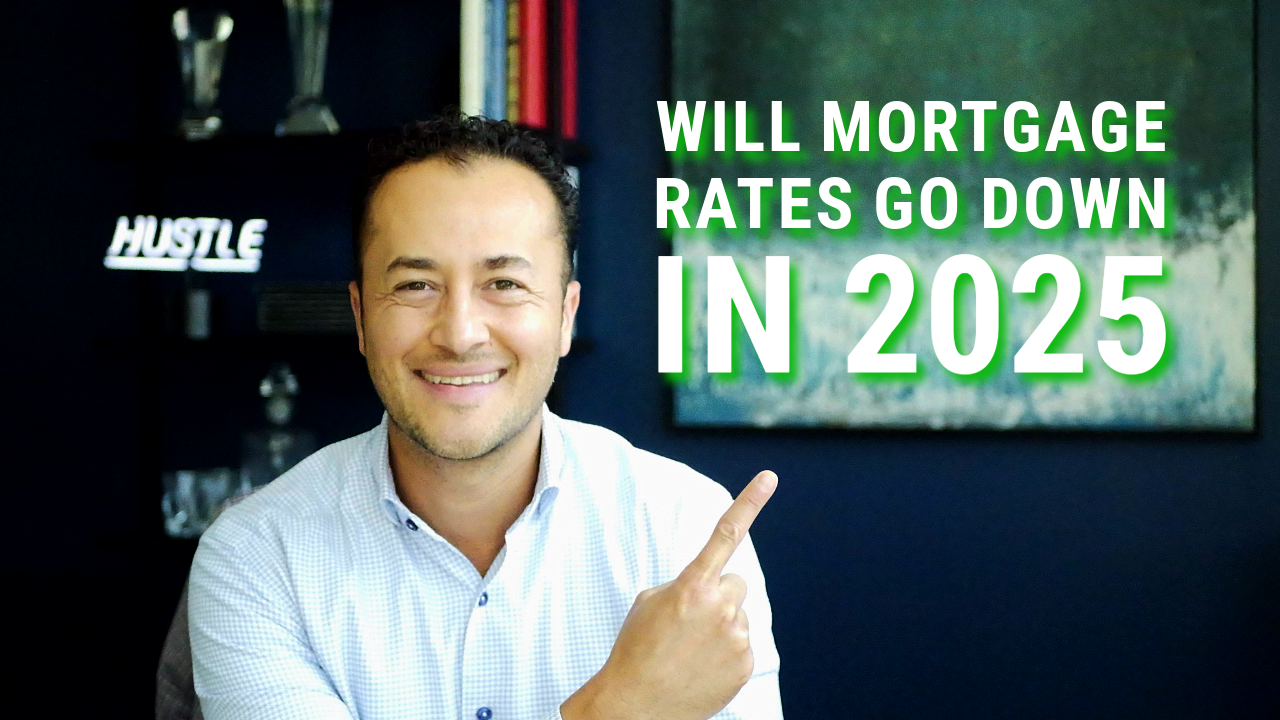
By Alex Varela
•
August 2, 2024
Factors Impacting Mortgage Rates The housing market is a complex beast, influenced by a myriad of economic factors. For prospective homebuyers, one of the most critical elements is mortgage rates. These rates fluctuate based on several variables, including inflation, economic growth, Federal Reserve policies, and investor sentiment. As we peer into 2025, the question on many minds is: Will mortgage rates decline? Understanding the Factors Affecting Mortgage Rates To predict future mortgage rate trends, it’s essential to understand the key drivers: Federal Reserve Policy: The Federal Reserve's actions significantly impact interest rates. To combat inflation, the Fed often raises interest rates, which typically leads to higher mortgage rates. Conversely, rate cuts can lower mortgage costs. Economic Conditions: Economic growth, unemployment rates, and inflation all influence mortgage rates. A strong economy with low unemployment can push rates up, while economic downturns or recession fears may lead to lower rates. Investor Sentiment: Investor confidence in the economy affects bond yields, which directly correlate with mortgage rates. When investors are optimistic, bond yields tend to rise, pushing mortgage rates higher. Global Factors: Global economic events, such as geopolitical tensions or trade disputes, can impact investor sentiment and, consequently, mortgage rates. The 2025 Outlook Predicting mortgage rates with certainty is impossible, as numerous factors can influence the market. However, based on current trends and expert opinions, here are some potential scenarios: Scenario 1: Continued Rate Increases If the Federal Reserve continues to raise interest rates to combat inflation, mortgage rates are likely to remain elevated or even increase in 2025. This scenario hinges on the Fed's success in taming inflation without triggering a recession. Scenario 2: Rate Stabilization If the Fed manages to bring inflation under control without causing a severe economic downturn, mortgage rates may stabilize in 2025. This would provide some relief for homebuyers but might not lead to significant rate reductions. Scenario 3: Rate Decreases A more optimistic outlook suggests that if the economy weakens significantly or inflation falls rapidly, the Fed may begin cutting interest rates. This could lead to a decline in mortgage rates in 2025. However, this scenario is dependent on a number of factors, including the severity of any economic downturn and the effectiveness of the Fed's monetary policy. What Homebuyers Can Do While predicting future mortgage rates is challenging, homebuyers can take steps to prepare: Monitor the Market: Stay informed about economic indicators, Fed policies, and mortgage rate trends. Improve Credit Score: A strong credit score can qualify you for better interest rates. Save for a Down Payment: A larger down payment can reduce the amount you need to borrow, potentially lowering your monthly mortgage payment. Consider Adjustable-Rate Mortgages (ARMs): ARMs offer lower initial interest rates but carry the risk of higher rates in the future. Weigh the pros and cons carefully. Consult with a Mortgage Professional: A qualified mortgage lender can provide personalized advice based on your financial situation and goals. It's important to remember that mortgage rates are just one factor to consider when buying a home. Other factors, such as housing affordability, job security, and personal financial goals, should also be taken into account. Ultimately, the housing market can be unpredictable, and it's essential to have a long-term perspective. While hoping for lower mortgage rates is understandable, focusing on factors within your control, such as improving your credit score and saving for a down payment, can put you in a stronger position regardless of market conditions. Disclaimer: This article is intended for informational purposes only and does not constitute financial advice. It's essential to consult with a financial advisor or mortgage professional for personalized guidance.
WHY TEAM VARELA
12 Loans = 1 Life
Freeing Youth From Sex Trafficking
For every 12 transactions closed with Team Varela, Traffic 911 identifies 1 victim and assists law enforcement with prosecution of their perpetrator(s) with detailed investigation and reporting.
Dallas-based Mortgages
Family-first Approach
Whether you’re a first-time homebuyer, need downpayment assistance, are looking for a renovation loan, or even a jumbo loan, Team Varela in Dallas, TX is committed to a family-first approach. Team Varela invests in families.
Site Thoughtfully Designed By Stream Now Creative




